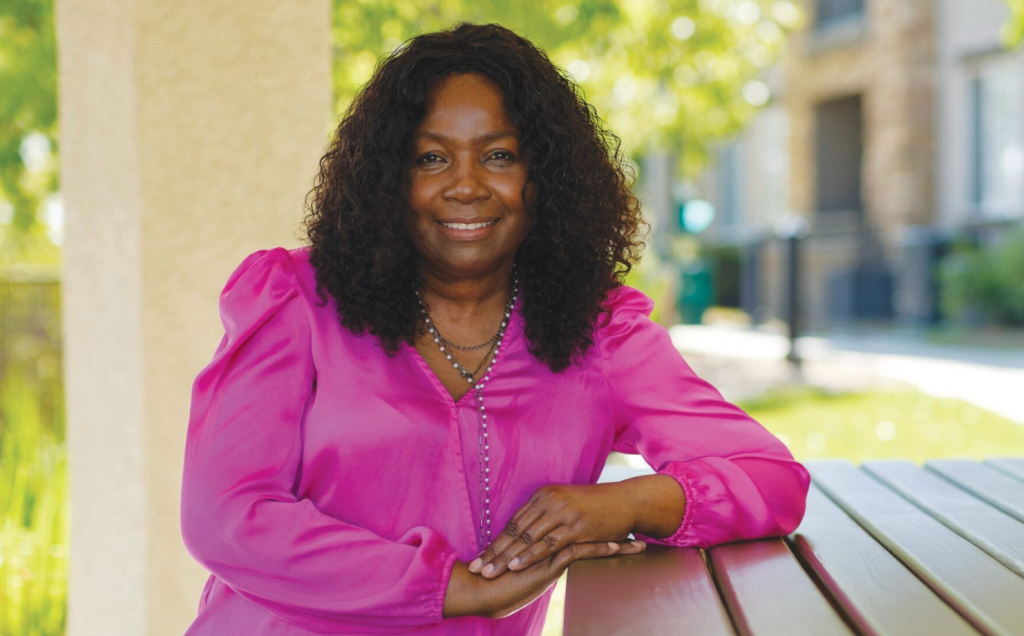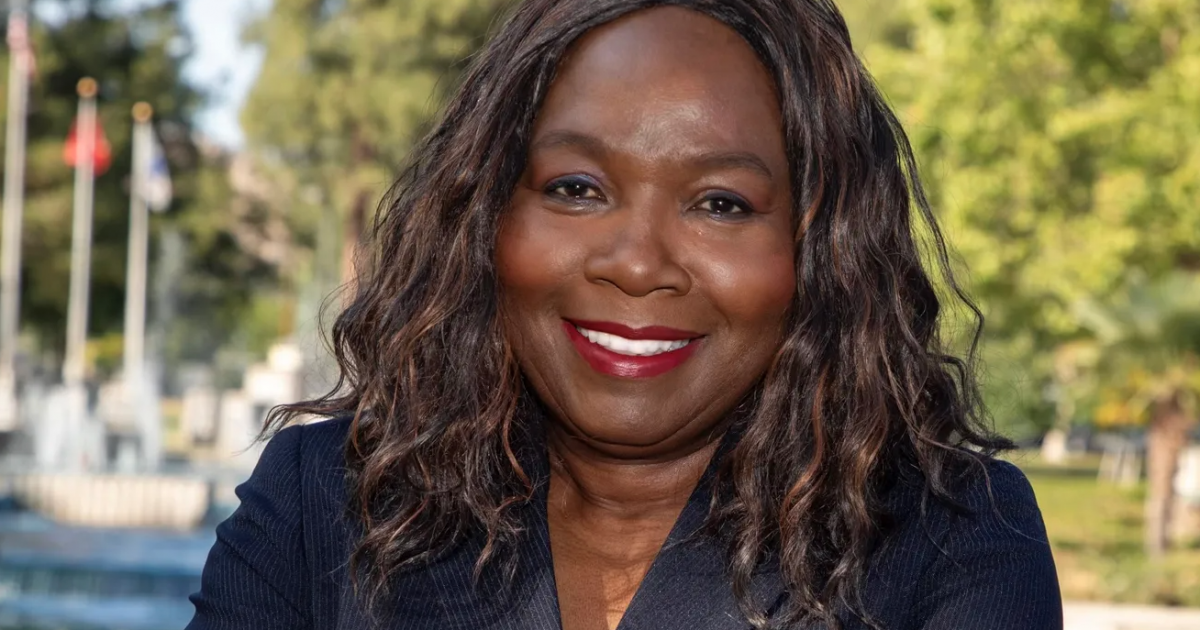The Ultimate Survivor
- Metastatic breast cancer survivor Mary Poitier, 60, is running for mayor in Simi Valley, California, and her story will truly inspire you.
- Mary has survived cancer twice and her cancer is currently in remission– and the mother-of-three has recovered from homelessness and domestic abuse.
- Staying hopeful and refusing to accept defeat can help propel you through a multitude of life’s curveballs, including cancer. Sharing our stories and lifting each other up can help raise awareness
Not only a two-time cancer survivor currently in remission, but Poitier has bounced back from homelessness in New York City and domestic abuse.
Read More
A Story of Resilience
Poitier became homeless in NYC after her father died and she struggled to care for herself and her siblings. Aiming to try a fresh start elsewhere and heal from an abusive marriage, she got in a Greyhound Bus and headed west.
After landing in a women’s shelter, she started piecing her life back together, only this time, continued to soar. She studied nursing, then went to school to became a paralegal. The resilient professional, who had three children she raised alone, then racked up a couple of master’s degrees in communication management and public administration. Finally, her career took her into a student leadership role at various California colleges.
Over the next several years, Poitier managed to rack up an impressive list of educational achievements. She studied nursing, earned a degree as a paralegal, flirted with journalism, completed an M.B.A. in public administration and a master’s in communication management, and eventually found fulfillment in a string of student leadership roles, first at Moorpark College and later for the California community colleges.
Another Fight with Cancer
When she was diagnosed with breast cancer in 2011, she “just knew” despite what her doctor initially said (“you’re fine”).
A lump was discovered in her thyroid and cancer was detected in her lymph nodes. Sadly, then it spread to her liver.
"That was such a blow," said Poitier. "Here I thought I'd been doing everything right.”
Her kids understandably had a tough time with the diagnosis.
Sometimes The Hardest Thing About A Cancer Diagnosis Is Telling Family
"My oldest son was traumatized by my cancer,” she said. “He'd ask me, 'Mom, are you going to be here when I graduate, when I get married, when I have kids?'
Her doctor heard that and said, “You tell him you will be there!”
Always Have Hope
Now in remission for six years after surgery, chemotherapy, and radiation, she expresses how much faith she has in City of Hope.
"They are the elites of cancer treatment," she said. "I'm proud to tell people I'm being treated there."
Black Americans Need to Prioritize Cancer Screenings, Says Leading Radiation Oncologist
And she should be highly proud of herself. If a once homeless and abused Black immigrant can get back on her feet then slay two cancer battles and run for mayor, the possibilities out there are endless out there for us all if we just try.
Good luck, Mary Poitier. You have our vote!
Cancer Advocacy is Crucial in the Black Community
Cancer doesn't affect everyone who gets it in the same way. The hard facts are that Black people are more likely to die from their cancer than are white people. The reasons for this disparity are numerous. Lower incomes, a lack of health insurance, and an absence of health care facilities close by all carry some responsibility for the worse outcomes in minority groups. Yet it doesn't have to be that way.
"In the Black communities, we have people who are dying of cancer who shouldn't be," Dr. Karen Winkfield, radiation oncologist at Meharry-Vanderbilt Alliance in Nashville, TN, tells SurvivorNet. "Sometimes it's because they may not know that cancer is a problem in the community, or maybe they don't have the time."
She goes on, "It's really important to make sure that we are taking care of our own health and our own bodies. That's the one thing we have control over."
Dr. Winkfield urges everyone age 45 and older to talk to their doctor about getting screened for cancer. Sometimes that's easier said than done. Insurance will cover the cost of the doctor visit and recommended screening tests, but only for people who actually have health insurance coverage.
"It's sometimes just hard to put food on the table. So thinking about going into the doctor and spending money to go and see somebody that you feel might not care about you could be tough. But your health is important," Dr. Winkfield says.
Fear is another barrier that keeps many Black Americans from getting screened. Research finds that Black women, who are more likely to die from breast cancer than white women, are afraid of what their doctor might find during a mammogram.
Dr. Winkfield stresses that it's better to know your results, because then you can do something about them. "The earlier cancer is found, the better the chance of a cure," she says.
Learn more about SurvivorNet's rigorous medical review process.


